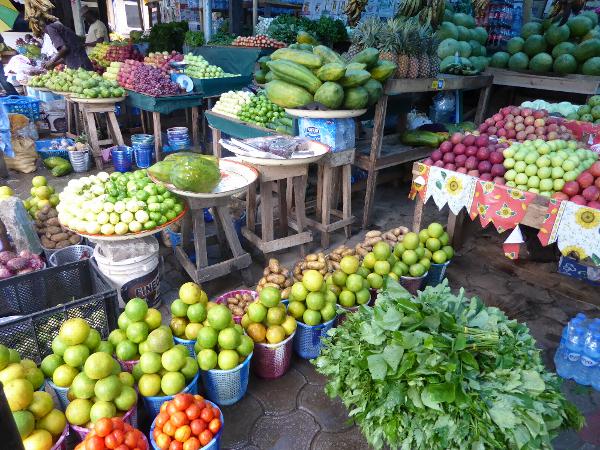FG Reopens Four Borders After 16-month Closure
The Federal Executive Council (FEC), Wednesday, approved the recommendation of a committee for reopening of four of the nation’s land borders with immediate effect while stating that others would be “reopened in due course.”
This came following the submission of a report by the committee set up by the Council to examine the implications of the closure among others, led by the Minister of Finance, Budget and National Planning, Zainab Ahmed.
Addressing State House Reporters after Wednesday’s meeting of the FEC, Ahmed named the borders set for an immediate opening to include Seme and Mfun borders in the South West, and South-South, as well as Ilela and Maigatari borders in the Northwest.
The Minister, who explained that the other borders would be reopened before December 31, however, added that restrictions on the importation of some commodities, like rice and other products, would remain.
Fielding questions, Minister of Industry, Trade and Investment, Otunba Niyi Adebayo said the period of the closure afforded the authorities the opportunity to assess the security problems with a view to addressing them.
“We have many advantages to the border closure, it has given the security agencies an opportunity to access the problems at the borders, particularly with regard to smuggling.
“As you are all aware, before the border closure, a lot of petroleum products were being smuggled to West African countries and the border closures has created a situation that has tactically stopped that; they have been able to calculate the number of petroleum products being smuggled out by calculating the amount that is being lifted now compared to what was being lifted before.
“The issue of smuggling of rice to the country has reduced drastically and we are hoping that our agencies will be able to sustain that so also is the issue of poultry smuggling. “
OPERATORS had decried the closure, citing that the AfCFTA protocol was premised on liberalisation of intra-regional trade.
On August 21, 2019, President Muhammad Buhari shut the land borders in four geopolitical zones of the country, namely, South-South, Southwest, North-Central, and Northwest.
The President said the exercise, code-named “Ex-Swift Response,” was expected to “promote interagency cooperation and increase preparedness to address trans-border security challenges such as terrorism, armed banditry, smuggling, proliferation of small arms and light weapons, amongst others,”
However, facts showed that the exercise recorded little or no benefits in those areas, even as continuous smuggling eroded the little gains the border closure would have brought.
The closure had also created rancour between Nigeria and its neighbours, especially Ghana, while its economic impact remained severe for Nigerians who depend on imported foods and raw materials to address shortfalls in local production. Manufacturers, who exploit the West African market for expansion, were also affected negatively.




